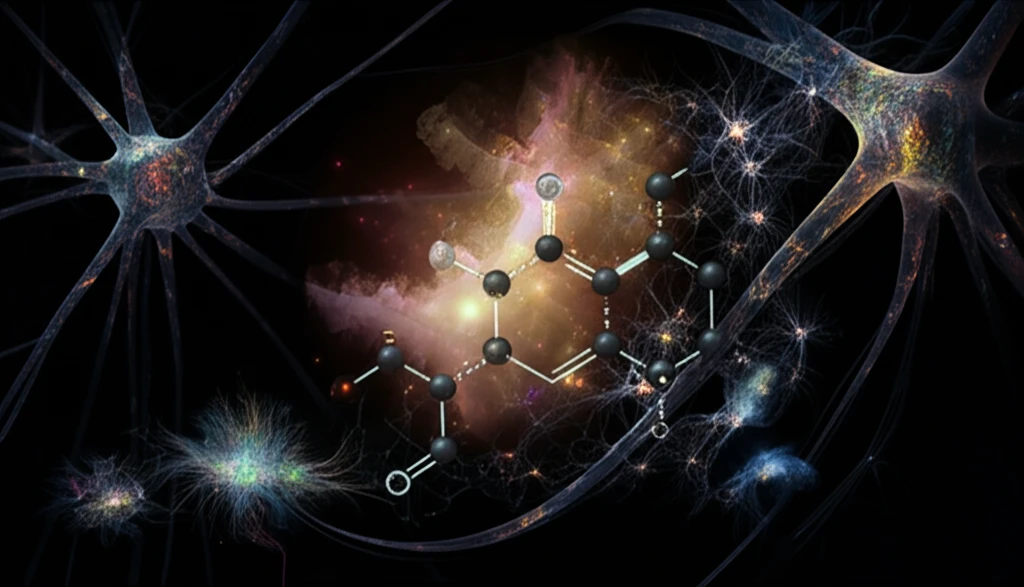
Unlocking Alzheimer's: How Heterocycles Could Pave the Way for New Treatments
"Scientists explore the potential of benzothiophenes and related compounds in designing innovative BACE1 inhibitors to combat Alzheimer's disease."
Alzheimer's disease is a devastating neurological condition affecting millions worldwide, with limited treatment options currently available. The urgent need for effective therapies has driven researchers to explore innovative approaches, including the development of novel drug candidates targeting key enzymes involved in the disease's progression.
Heterocyclic compounds, known for their diverse biological activities, have emerged as promising scaffolds in drug discovery. Among them, benzothiophenes, a class of sulfur-containing heterocycles, have garnered significant attention due to their structural similarity to naturally occurring indoles and their ability to interact with various biological targets.
This article delves into a recent study focusing on the synthesis and evaluation of benzothiophene derivatives as potential inhibitors of BACE1, an enzyme crucial in the development of Alzheimer's disease. By exploring the potential of these heterocycles, scientists aim to pave the way for the design of novel therapeutic agents that can effectively combat this debilitating condition.
Benzothiophenes: A Versatile Scaffold for Drug Design

Benzothiophenes are a class of heterocyclic compounds characterized by a benzene ring fused to a thiophene ring. Their unique structure and chemical properties make them versatile building blocks in medicinal chemistry. They are employed in various applications, from pharmaceuticals and pesticides to organic synthesis.
- Estrogen receptor antagonists
- Antimitotic agents
- Modulators of multidrug resistance
- Angiogenesis inhibitors
- Cognition enhancers
- Antifungal agents
- Anti-inflammatory agents
Future Directions: Optimizing Heterocycles for Alzheimer's Therapy
This research represents a promising step forward in the quest for effective Alzheimer's treatments. While preliminary results are encouraging, further research is needed to optimize the structure and properties of benzothieno[b]pyridines to enhance their BACE1 inhibitory activity and improve their drug-like characteristics. By continuing to explore the potential of heterocycles, scientists may unlock new therapeutic avenues for combating Alzheimer's disease and improving the lives of those affected by this devastating condition.
